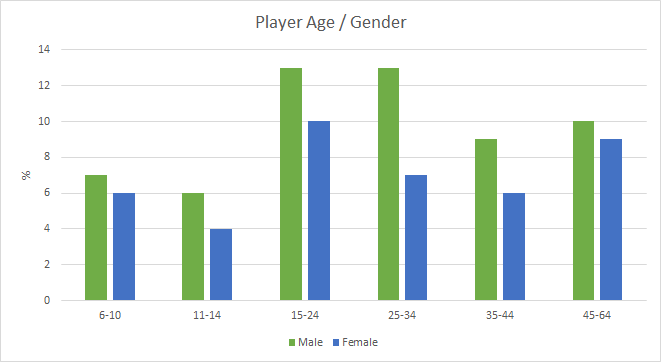Let’s start at the beginning.
What is FoMO?
FoMO stands for Fear Of Missing Out. In our gamification elements, it is often related to Loss Aversion and Curiosity.
If we start with Loss Aversion, used carefully, loss aversion can be a great way to encourage certain positive behaviours. Consider teaching kids how to save, for instance. If they feel they have earned the money, they will (normally) have a stronger desire NOT to lose it! However, physical items are not all that people want to avoid losing. Far more important motivations lie around social interaction, connections, status and more. If someone is considered to be influential in their circles, they will not want to do anything to lose that status. Kids don’t want to miss out on play dates with their friends or even hugs and validation from their parents. How many times has parent used the term “I’m not angry, I’m disappointed”? It hurts more than “If you do that again, you lose your teddy.”


